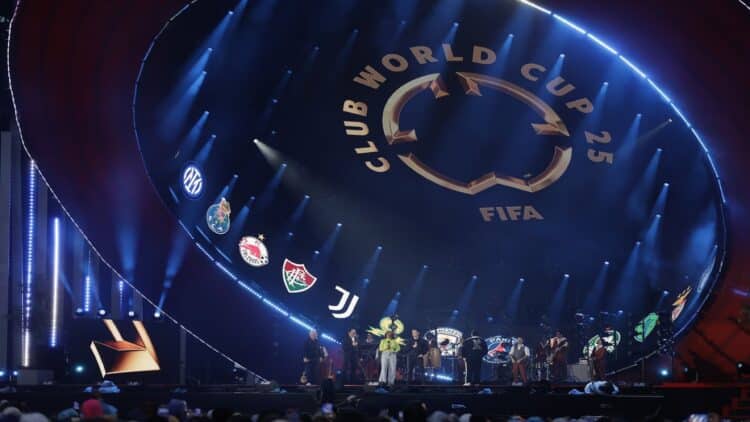The FIFA Club World Cup was already embroiled in the middle of an off-the-pitch scandal. Then this emerged as a shock to everyone when the president of the Spanish LaLiga, Javier Tebas, made his voice heard and gave his opinion on the elimination of the entire tournament. His nasal charisma breathed into a debate centuries in the making about the future of the tournament and a septic sore of discontent between home leagues and world football authorities.
Why would the LaLiga chief embrace Club World Cup cancellation, and what does it say about the footballing world?
The grumpy LaLiga president, Javier Tebas, has been insistent all the time that he never believes that the new Club World Cup proposed by FIFA poses a danger to domestic soccer. To him, extra competition will put unnecessary pressure on players and clubs, mess up home games and threaten of injury.
For Citi Sports Online, “There’s Tebas’ thinking there are not going to be any more FIFA Club World Cups.”
Tebas is also interested in local competition integrity and the welfare of players. It was not complete yet because the soap opera and Tebas’s crusade were a certainty that the soap opera would persist with the spotlight. The extra glamour of the Club World Cup would, however, destroy other elite competitions like LaLiga, which has dominated European football in the past decades. In the abolition cause, Tebas is advocating for the Spanish clubs’ and fans’ cause.
There are those who adhere to the opinion that there is a congested international calendar and that there are no other high-grade games to which clubs can engage in business, while others believe that the Club World Cup is a window through which clubs are pushed outward internationally and through which clubs can generate money. The drama is against the recent history power struggle between national competitions and FIFA.
The whys: Why would Spain want to host the Club World Cup?
According to Tebas, who ESPN quotes to have saying that he is as apologetic as he can ever be because of the harm done by the Club World Cup on Spanish football. The tournament is valuable in terms of the national leagues because the clubs sacrifice international matches to domestic ones, Tebas says. Tebas quotes money risks when supporting his side by stating that the small clubs are sidelined as the best winners focus on international glory.
These have been made more urgent with the inclusion of the new clubs and matches in the extended Club World Cup. Tebas’ vision for the extended tournament is that expansion cannot be maintained and isn’t even in the best interest of the sport in the long run. His abolitionism theory is an advocacy against FIFA’s vision for future club games in the strongest possible terms.
The big picture: What’s really at stake for the future of club football?
FIFA was quick to defend the Club World Cup and show its determination to globalize the game and offer European clubs new opportunities. The majority of clubs and confederations are on their way halfway towards an international image and also jeopardize the health of players and their domestic cups. It was not over yet, as the soap opera and Tebas’s crusade were a guarantee that the show would continue with the limelight.
The shame of the Club World Cup is only a symptom of pressure building in world football. As more globalized tournaments are lost to FIFA, countries like Spain find it difficult to keep hold of their heritage and bring it home as they do. And as a scandal storm continues brewing, the future of the competition and the state of power within the sport also depend on it.


